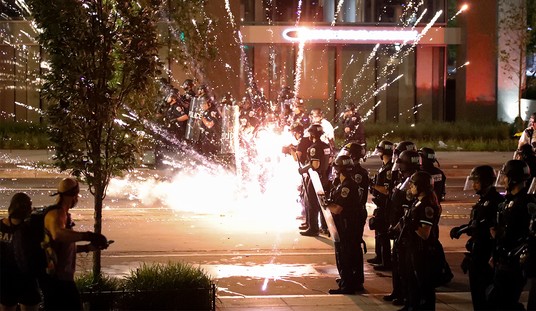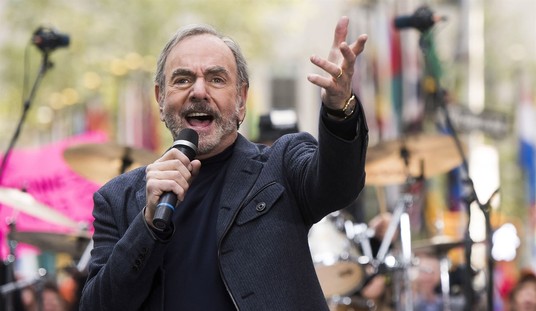On Thursday, the U.S. State Department risked exacerbating tensions with Russia when State spokeswoman Marie Harf revealed that intelligence indicates that Russian forces have directly escalated the crisis in Ukraine even after separatist forces loyal to Moscow took down Malaysian Airlines Flight 17.
Harf disclosed to reporters on Thursday that Russia continued to supply rebels with heavy weaponry following the attack on MH17, and even more significant arms are already en route to Ukraine. Moreover, she added, Russian armed forces have been firing on Ukrainian territory from positions inside Russia in order to facilitate the advance of pro-Russian militants.
The Defense Department confirmed State’s assessment of Russia’s military involvement in Ukraine. “For several days the Russians have been firing artillery into Ukraine,” Pentagon spokesman Col. Steve Warren said. “This is clearly a military escalation.”
According to reports, the Kremlin has taken these shots across their bow in stride. There has been no recalibration of Russia’s increasingly direct approach to the ongoing war in Ukraine.
“American officials, citing military intelligence, including satellite images, warned that Russia appeared to be prepping to arm the rebels with more high-powered weaponry – including tanks and armored vehicles – than it previously supplied,” The New York Times reported on Friday. “In Kiev, a military spokesman said that Ukrainian troops were coming under increased fire from the Russian side of the border and that the Ukrainian military had recently shot down three Russian drones.”
Russia’s increasingly direct involvement in the conflict in Ukraine comes as pro-Kiev forces make advances into formerly rebel-held territory. The Times noted that, without further Russian involvement, Ukrainian officials believe that they could totally defeat the rebels “within three weeks.”
Russian President Vladimir Putin has repeatedly made it clear that his government views the stakes in Ukraine to be much higher than do Western powers, and Moscow will likely disregard whatever diplomatic risks are be associated with further escalation if it appears likely that Ukrainian forces will dislodge rebels from the territory they currently occupy.
Putin may have already calculated that there risks associated with that escalation will be minimal.
“[I]f the EU intends to send the strong message it needs, its leaders must reconcile their wish to make a point with the potential to lose a few points off of their GDP,” CNN’s London-based anchor Nina dos Santos warned in a recent op-ed. “To punish Russia,” the headline on that piece observed, “Europe must be prepared to suffer.”
Apparently, they are prepared to do no such thing.
“The European Union reached outline agreement on Friday to impose the first economic sanctions on Russia over its behavior in Ukraine but scaled back their scope to exclude technology for the crucial gas sector,” Reuters reported on Friday. “[T]he narrowing of the proposed measures highlighted the difficulty of agreeing to tough sanctions among countries which have widely different economic interests and rely to varying degrees on Russian gas.”
And Russia is, as The New Republic put it, “insanely dependent” on the income they receive from the export of petroleum products and natural gas. “Due to the Energy Department’s slow approval process, the U.S. has a de facto ban on natural gas exports,” TNR’s Danny Vinik noted.
Without a credible U.S. policy to offset European dependence on Russian energy, Putin will maintain the diplomatic upper hand.








Join the conversation as a VIP Member